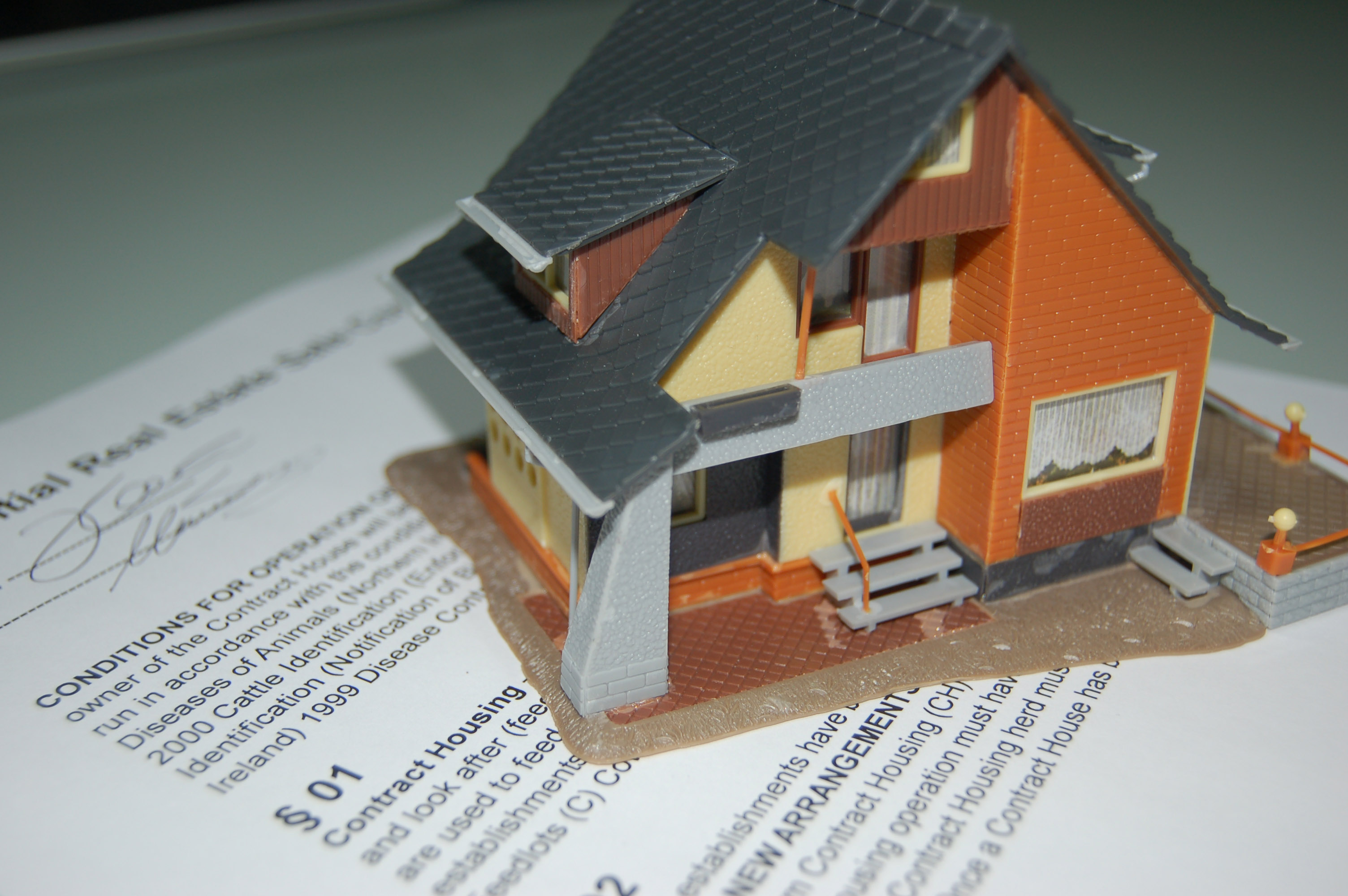Acceptance of Rent in Default Situations
It is not unusual for me to get a call from a commercial landlord battling with a tenant who is in arrears asking whether it is OK to accept a check from the tenant for less than the rent that is owed. Typical of most answers in the law, I tell them it depends. Initially, it is important to distinguish between “receipt” of rent and “acceptance” of rent. If a tenant simply mails in a check to the landlord, who holds it or brings it to court then that check will be deemed as only having been received by the landlord – not accepted. The reasons underlying this distinction are clear – any tenant behind on rent or otherwise in default of the lease could get out from under the default by simply mailing a check to the landlord. A landlord’s mere receipt of rent should have no impact on the status of the tenant’s default.
Acceptance of rent, however, is another matter and depends upon the situation at the time the rent is received by the landlord. Where the tenant is in arrears on the rent, a landlord may accept a partial payment before the entry of a judgment for possession without waiving its right to evict the tenant for non-payment of rent. In doing so, the landlord should ensure before accepting the check that it does not contain any limiting language, such as “payment in full” or the like. However, if a landlord accepts rent after the effective date of a Notice to Quit or after the entry of a judgment for possession, and while the tenant is still in the premises, he may be deemed to have waived his right to evict the tenant for those breaches that resulted in the entry of a judgment for possession in the first instance.
Nevertheless, at least one court has commented that it would be strange for the law to require a landlord with a legitimate basis for demanding possession in a non-payment of rent situation to have to forego receipt of compensation for the occupancy after the final quit date.
The takeaway is that landlords should not reflexively deposit checks from tenants who are in default of their lease obligations, but should first assess where they are in the legal process with the tenant and then proceed accordingly. Doing so will go a long way toward protecting the landlord from being met with a waiver argument once in front of a judge.


